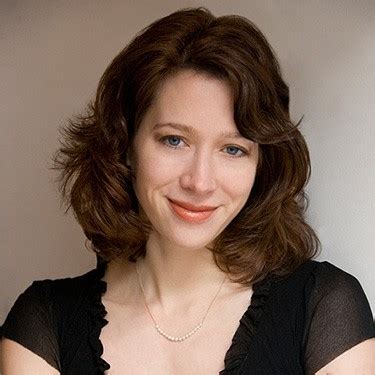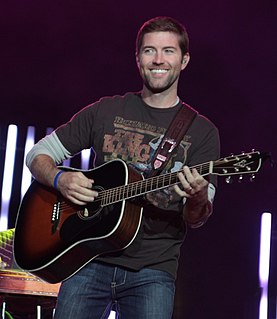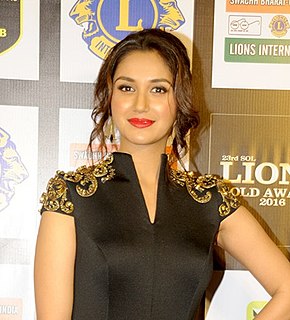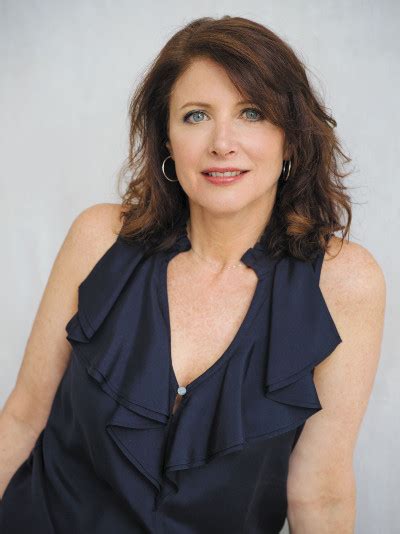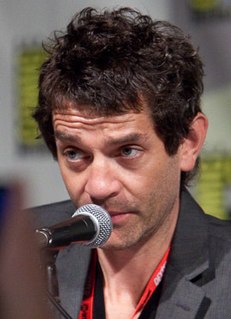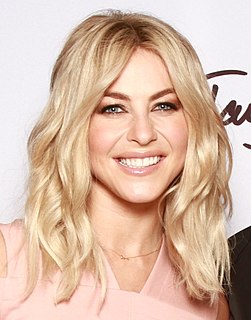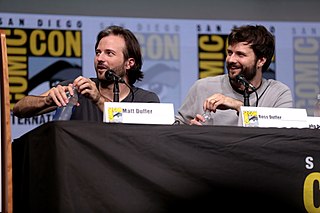A Quote by Marie Rutkoski
I love seeing a story evolve over several books and watching characters develop.
Related Quotes
I have several books I can read over and over. With fiction, it's 'The Stand' by Stephen King, which is my favorite all time. I read that at least once a year, the version which has 100,000 extra words, which is like the director's cut and unabridged. I love the story. I love the social connotation to it.
The love story between the hero and the heroine has to be at the center of the book. I think that's pretty true in my books. I usually write a secondary love story, with maybe nontraditional characters. Sometimes I write older characters. I'm interested in female friendships, and family relationships. So I don't write the traditional romance, where you just have the hero and the heroine's love story. I like intertwining relationships.
Indian audiences these days aren't really interested in watching a character on screen evolve. They don't want to see a young girl evolve into being a partner and enter motherhood - they are only really concerned about the story. As long as the story is getting interesting with every passing episode, they want more.
Symbols are specific acts or figures, while myths develop and elaborate these symbols into a story which contains characters and several episodes. The myth is thus more inclusive. But both symbol and myth have the same function psychologically; they are man's way of expressing the quintessence of his experience - his way of seeing his life, his self-image and his relations to the world of his fellow men and of nature - in a total figure which at the same moment carries the vital meaning of this experience.
